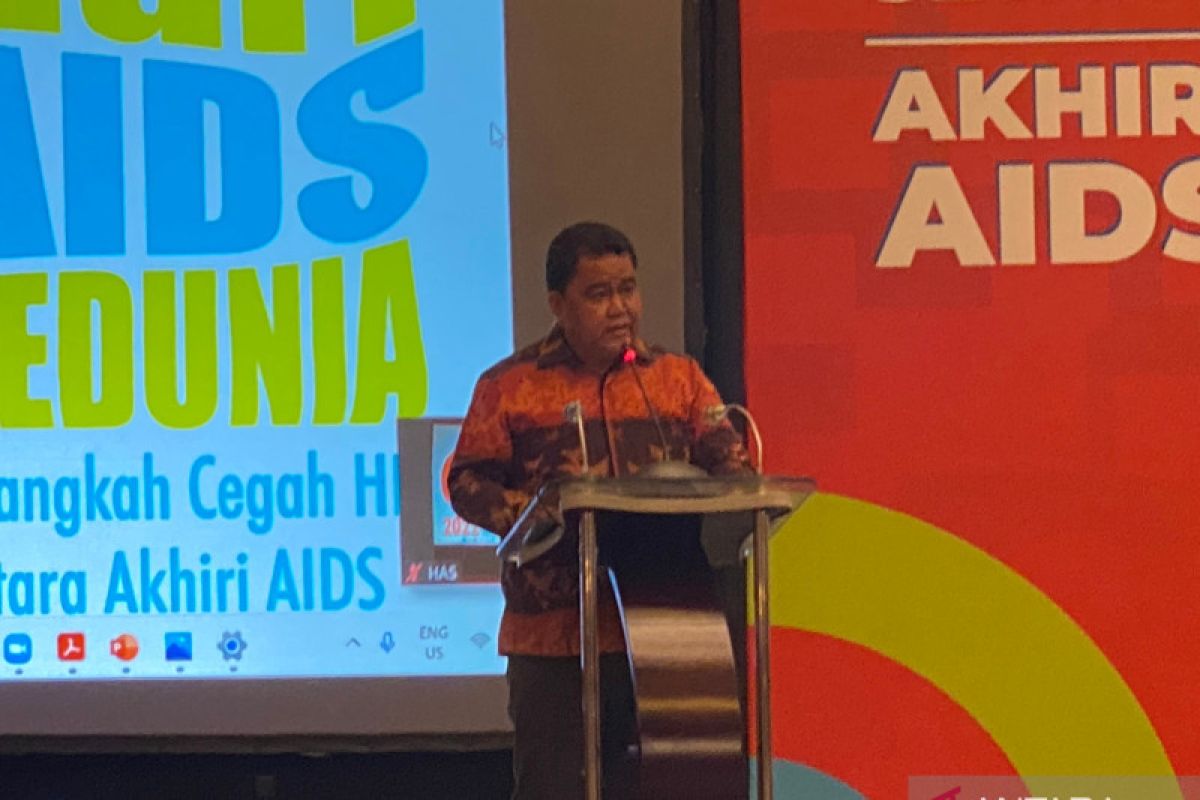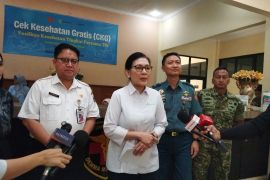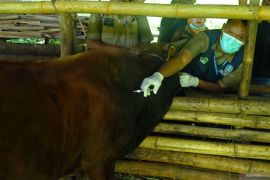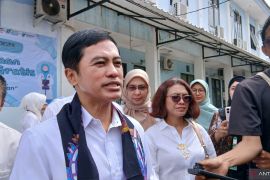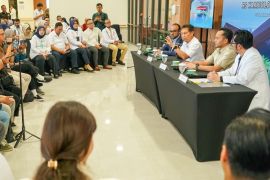"In estimation, our case findings are getting better. However, the number of people being treated is still a big challenge for us. We must find out why the number of recipients for Antiretrovirals (ARVs) is still low," the ministry's director general of disease prevention and control, Maxi Rein Rondonuwu, stated during the commemoration of World AIDS Day in Jakarta on Thursday.
Rondonuwu later noted that the government was able to find 400 thousand to 453,000 cases. However, the number of people with HIV (ODHIV), who have received ARV treatment, only reached over 300 thousand.
"Sadly, only around 130 thousand ODHIV are still alive and undergoing ARVs and below 10 percent of those who are suppressed," Rondonuwu pointed out.
He suggested the government to open a health center or hospital for HIV/AIDS since the country already had 10,100 HIV screening sites. However, it is necessary to increase preventive efforts in primary health services to strengthen screening in key populations.
He noted that merely 30 percent of the people can receive treatment at the community health center (puskesmas) due to likely constraints in the form of the transportation costs, long distances, indolence, or the absence of permission by the partner to carry out treatment that made it difficult to follow up.
"We also need to increase access to ARV services that have not been able to reach three thousand, only 2,900. This is also one of the obstacles to increase (the number of) people receiving ARV treatment because access to ARV is still limited," Rondonuwu noted.
In addition to ramping up preventive efforts, the government should also increase families' assistance, testing, and treatment through viral loads to prevent HIV from spreading, he stated.
According to Rondonuwu, to achieve the three zero targets by 2030, stronger hard work is crucial for relevant ministries and institutions, the private sector, religious leaders, and community networks.
To this end, he also urged the Ministry of Education and Culture to start disseminating information regarding reproductive health in schools to offer students a better understanding when they are entering their teenage years.
Moreover, he invited all related parties along with the Ministry of Health to draw attention to the dangers of free sex and strengthen HIV/AIDS control in society.
"We do not have much time to reach three zero (targets) by 2030 for no new cases, no deaths, and no discrimination. Only eight years are left. I am worried this will be very hard because HIV/AIDS screening is quite good, but there is no sign of success yet," he stated.
Related news: Pregnant women must undergo HIV-AIDS screening: Jakarta Health Office
Related news: West Java turns to the 'ABCDE' of HIV/AIDS prevention
.
Translator: Hreeloita Dharma S, Resinta S
Editor: Rahmad Nasution
Copyright © ANTARA 2022
